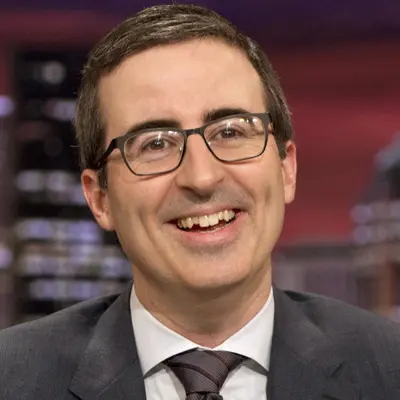John Oliver's final Last Week Tonight before coronavirus hiatus evoked David Letterman's 9/11 moment
-

"Sunday’s show felt like Oliver sending out one last emergency broadcast to whoever could hear it," says Tim Grierson of the stripped-down 22-minute episode that was shot with a white background and without a studio audience. "As always, he wanted to make us laugh. But he also wanted to encapsulate the way a lot of us feel right now — to make it official, to put it on the record. He wanted to let us know we’d be okay. And because Oliver was so terrific in the role, I certainly believed him. It’s become customary to treat talk-show hosts as our modern-day Walter Cronkites: the comforting TV presence who addresses the nation, acknowledging the current trauma and speaking to our better nature. The most famous of these instances occurred on September 17, 2001, when a still-shaken David Letterman returned to the Late Show, mightily attempting to synthesize his feelings about the 9/11 attacks. He wasn’t aiming to be a statesman or an orator — he was just trying to keep from crying...More so than the guy who was president at the time, Letterman got us through 9/11. And since then, talk-show hosts have tried to be Letterman during difficult moments, but none of them got close until John Oliver on Sunday."
TOPICS: John Oliver, HBO, Last Week Tonight with John Oliver, David Letterman, Coronavirus, Late Night
More John Oliver on Primetimer:- "One of the best TV programs in any genre": John Oliver shares his opinion of The Real Housewives of Salt Lake City
- Was Bari Weiss rejected as 'The View' co-host? Everything to know as John Oliver warns about the newly appointed editor-in-chief of CBS News
- What did John Oliver say about Nate Bargatze? Comedian's Emmy speech censored twice as he took a dig at the event's charity bid
- "No need for that guy to wear a mask": John Oliver takes a shot at Dean Cain for claims of joining ICE
